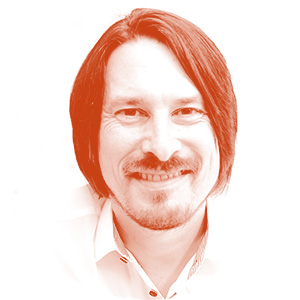Getting applause for your talk and having an impact are two very different goals for a presentation.
A good round of applause feels great. That’s for sure. But the enthusiasm of the moment is no guarantee that your message will stick. Or that it changes a mind.
Even worse: applause is seductive. When you get some, you want more. When you get a lot, you want even more. And it’s quite possible that you do because once you get the hang of it, you’ll have a good sense of what makes your audience cheer for you. The temptation to strive for that applause is not a small one.
And yet, the talks that resonate the most are often the ones that cause the audience to become quiet. Pause. Reflect upon what they just heard.
Applause and impact are by no means mutually exclusive, but they also don’t necessarily come together. Faced with the choice, I’d always prefer the talk that makes a difference rather than the one that makes for a good round of applause.
But let’s look at it from a different perspective: If the audience is still resonating with our talk a month – or a year – after … because that talk made a profound difference in their life … now, that’s a reason to be really proud of.
